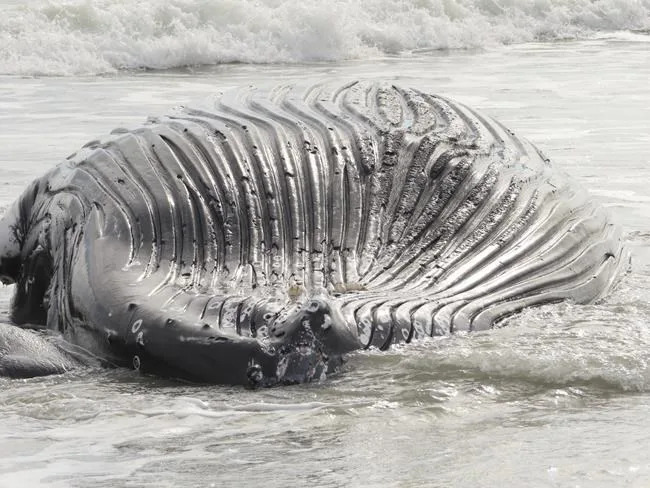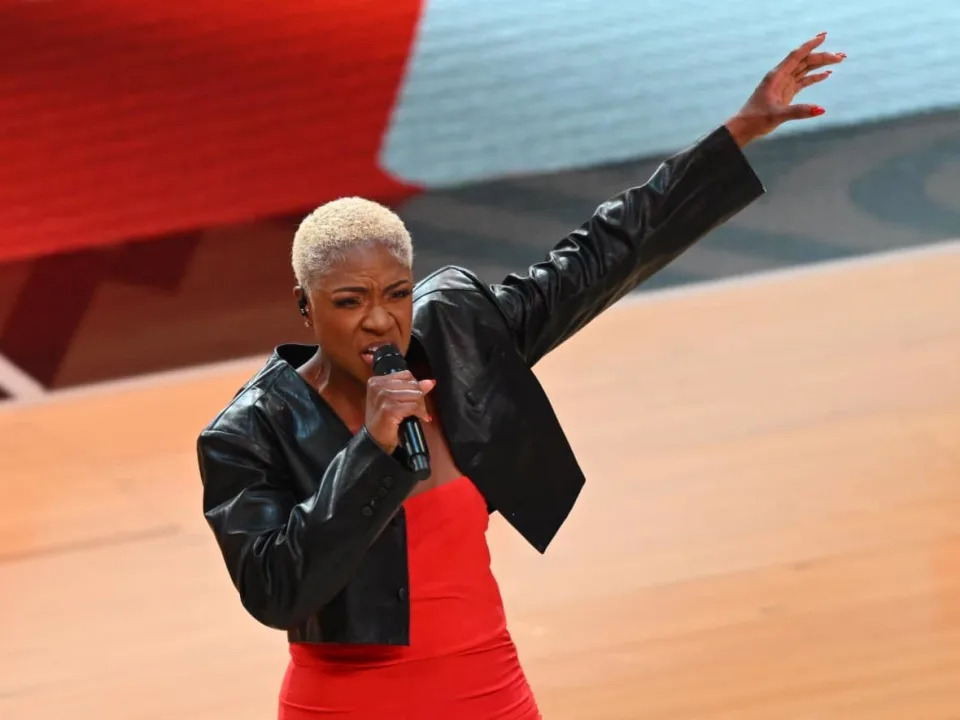Wed, February 22, 2023

From 2021 through 2022, Newfoundland and Labrador had a net loss of seven doctors. (Carsten Koall/Getty Images - image credit)
Despite a long list of efforts to recruit primary-care physicians, Newfoundland and Labrador has lost more family doctors than it has gained over the last two years.
According to the College of Physicians and Surgeons of Newfoundland and Labrador, the body that licenses physicians in the province, 122 family doctors did not renewed their licence to practise in 2021 and 2022.
Over that same period, says the college, 115 new family medicine licences were issued, a new loss of seven doctors — a small one, but one that comes after the government stepped up recruiting efforts because of a shortage that was identified years ago.
"It is concerning. There is a family medicine crisis and we are definitely seeing a lot of young physicians, in particular, choosing not to enter into community-based, family medicine practice," said Dr. Kris Luscombe, president of the Newfoundland and Labrador Medical Association.
"There has been a lot of focus on recruitment and that energy is important, but it's fair to say that we've got a ways to go to have adequate recruitment to meet the needs."
The medical association says it's likely some of new licence holders aren't working full time.
"We're hearing lots of young physicians, new graduates who will say, 'I'll do locum work,' 'I'll go out and cover someone else's practice,' or I'll work in a walk-in clinic,'" said Luscombe. "So we are seeing people changing their practice style so they don't have the ongoing responsibility of having patients attached to them."
More orphaned patients
In 2019, public polling done by the medical association found that about 99,000 people in the province didn't have a family doctor. The association's latest polling shows the situation is getting worse as more members of the province's aging physician population retire.
"We have 136,000 people who now self-identify that they don't have a family physician and we recognize that a lot of people who do have a family physician are at risk if their physicians don't continue in those positions," said Luscombe.

Patrick Butler/Radio-Canada
Luscombe says it's difficult for doctors who continue to practise in the province.
"They are always feeling pressure to take on more patients because they are very sensitive to the fact that there is a lot of people in need out there that aren't attached to family medicine … people that are orphaned, and a lot of physicians struggle with a moral distress about those people who aren't connected and it's very overwhelming," he said.
The medical association has been calling for a Newfoundland and Labrador physician human resource plan for years.
"We have to really maintain metrics and get a sense of are those people full time, part time? What are they doing? Are they doing what the system needs? Then are we aligning the supports and the incentives to have people do what is valued?" said Luscombe.
Family physician forecast
In 2019, the medical association commissioned Dr. David Peachey of Nova Scotia's Health Intelligence Inc. to develop a family physician forecast.
Peachey looked at physician numbers, the number of older adults, the burden of illness, the province's recruitment efforts, physician turnover and expected retirements.
His forecast identified the shortage of family doctors in the province at that time and a projected demand for physicians over the next decade.
Peachey's forecast called for an additional 60 full-time family physicians in 2020 to address the immediate shortage.
It also concluded that an average of about 20 more family doctors per year would be needed for a total of 243 additional family doctors by 2030.
But the college's recruitment and retention numbers for 2020 and 2021 show the province is losing ground rather than making progress toward meeting the forecast's targets.
Recruitment and retention efforts
In the past two years the province has done a lot to attract and keep family doctors.
The provincial government has established a health professional recruitment and retention office and created a new position of assistant deputy minister of health professional recruitment.and retention.
It has created two pilot projects to attract more new medical graduates to family practice, financial support for new family doctors who open a new clinic or join an established clinic in the first two years of practice, and up to $150,000 to new family practice doctors who open a new family medicine clinic or join an existing one and stay for five years.
The province has also expanded the number of seats available to Newfoundland and Labrador residents in Memorial University's undergraduate medical education program and additional seats were added to the family medicine residency program for international medical graduates.
In July, the provincial government launched a publicity campaign, called "Extraordinary Every Day," that aims to recruit and retain health-care professionals
In August, In collaboration with the medical association, the provincial government announced a one-year pilot project to help attract retired family physicians back to work. It offers to pay licence fees and bonuses to returning family physicians.
The province also says it is working with the physicians' college to make it easier for internationally trained health professionals to set up in this province.
In October, the provincial government announced new financial incentives to attract physicians from the province who are working elsewhere to come back to Newfoundland and Labrador.
The government says it's also working on ways to make it easier for physicians who are licensed in other Canadian provinces to work in Newfoundland and Labrador, and in January, the provincial government announced a mission to Ireland to recruit doctors and nurses.
CBC News has made numerous requests for comment from Health Minister Tom Osborne but he has not been made available.



















